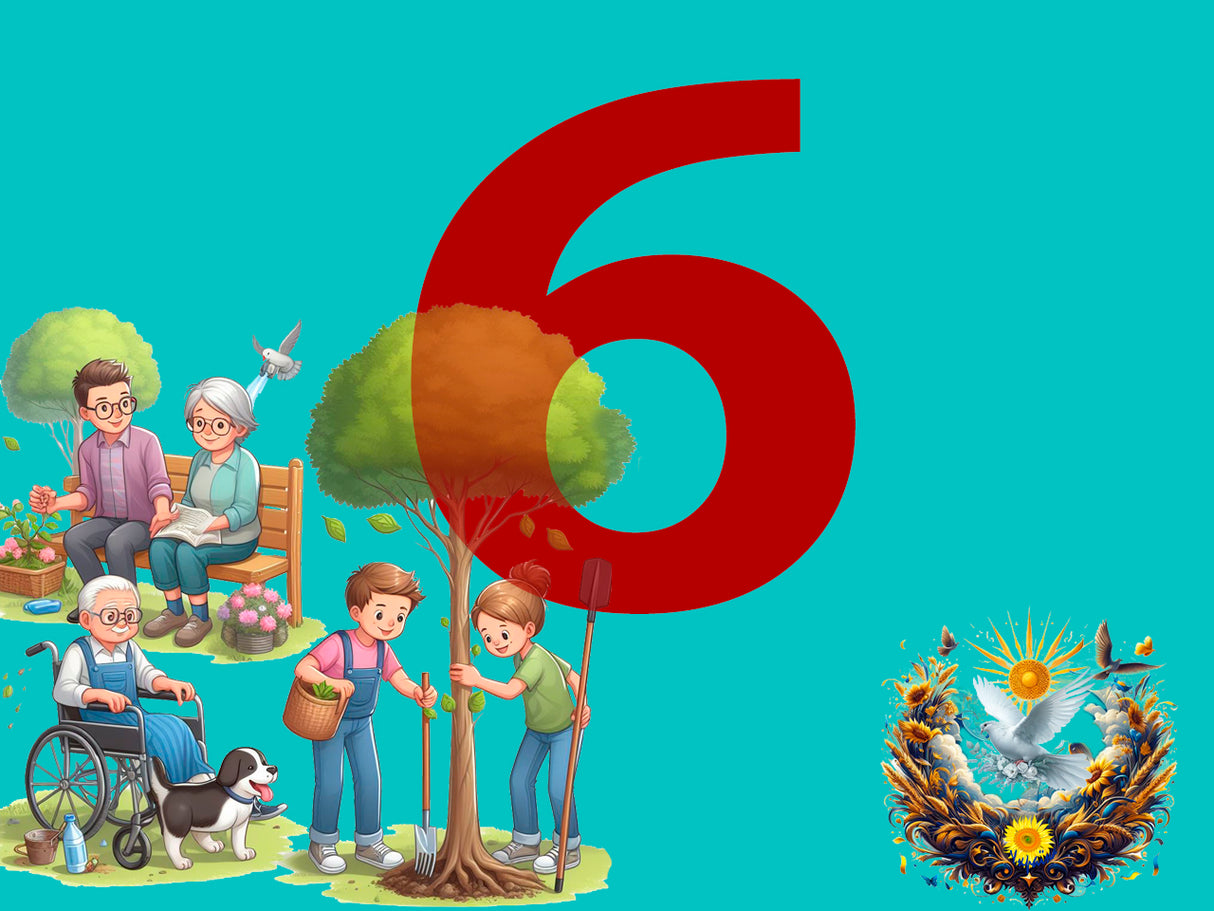Ethics Grade 6. Moral relations in society. Collection 1
 Intermediate
Intermediate
 Course
Course
 4 hrs
4 hrs
Ethics Grade 6. Moral relations in society. Collection 1 - Ukrainian is backordered and will ship as soon as it is back in stock.
What is Unibot?
What is Unibot?
Unibot is a platform for educational systems that combines an administration panel and a chatbot. It allows you to easily upload data, customize chatbots without programming, and manage courses. It supports multilingual bots, content management, and optimized resource utilization for efficiency. The platform makes educators' work easier by automating repetitive tasks. Different pricing plans are available, from basic to premium, which differ in the number of supported bots, languages, messages, and other features.
More information
This interactive course, **Ethics Grade 6. Moral Relations in Society**, is designed to expand students' understanding of concepts such as "mercy," "compassion," "charity," and "volunteering." Through engaging activities and dynamic tests, children will develop skills for ethical relationships, fostering a warm and supportive atmosphere within their communities. The course emphasizes building internal resources like kindness, tolerance, and the desire to help others. Students will gain insights into the principles of altruism, empathy, and philanthropy, learning how to make a positive impact on society while respecting the feelings and needs of others.
Key Features of the Course:
- Mercy and Compassion: Understanding and expressing mercy and compassion in words and actions.
- Altruism: Exploring the essence of altruism, its manifestations, and its impact on relationships.
- Charity and Philanthropy: Learning about benefactors and philanthropists and the value of charity.
- Volunteering: Understanding different types of volunteering and discovering how to get involved effectively.
- Empathy and Understanding: Viewing the world through the perspectives of others and acting with altruism, especially toward individuals with special needs.
- Ethical Principles: Delving into values that underpin volunteering and human interactions.
Course Modules:
Module 1: Moral Relations in Society
-
Lesson 12:
- Mercy and Compassion
- How to demonstrate mercy and compassion in words and deeds?
- What role does sensitivity play in relationships? -
Lesson 13:
- Understanding Altruism
- What are the manifestations and consequences of altruism?
- How can we show care for people with special needs? -
Lesson 14:
- Charity and Philanthropy
- Who are benefactors and philanthropists?
- Why is charity essential for society? -
Lesson 15:
- Volunteering
- What types of volunteering exist?
- Why should we consider becoming a volunteer, and how can we start?
Expected Learning Outcomes:
- Build harmonious relationships based on moral values, showing friendliness, politeness, respect, compassion, tolerance, and mercy.
- Make informed decisions to improve relationships and demonstrate empathy and care for those in need.
- Analyze personal behavior and the actions of others, forecasting outcomes and evaluating them against moral and safety criteria.
- Foster self-regulation of emotions and attitudes in social interactions.
- Explore various forms of volunteering and understand how to participate actively in community efforts.
This course encourages students to develop a virtuous, responsible, and considerate attitude rooted in moral values. Through interactive tests and real-world applications, students will learn to make ethical choices, strengthen social harmony, and contribute positively to their communities.
-
Genre
-
Target audience
-
Language version
-
Subject area
-
Recommended age group
-
Course time
-
Book author
-
Author Collection



